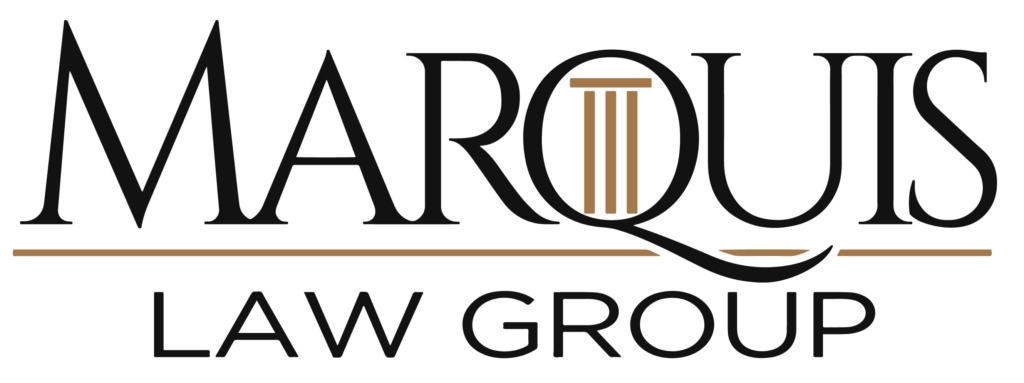 Let’s face it: death is tough to think about and often even harder to talk about. But it’s something every adult needs to do. Getting your last wishes in order brings you peace of mind and reduces the burden on your loved ones and heirs. Putting estate planning and medical directives in place ensures that your wishes are followed in the event of illness, injury, or death. Yes, it’s unpleasant and hard to tackle. But no one is ever sorry they did it. Here’s a look at some essential tools for healthcare and estate planning:
Let’s face it: death is tough to think about and often even harder to talk about. But it’s something every adult needs to do. Getting your last wishes in order brings you peace of mind and reduces the burden on your loved ones and heirs. Putting estate planning and medical directives in place ensures that your wishes are followed in the event of illness, injury, or death. Yes, it’s unpleasant and hard to tackle. But no one is ever sorry they did it. Here’s a look at some essential tools for healthcare and estate planning:
The List of Important Documents
- Will: your last will and testament is a legal document that expresses your wishes for how your heirs will distribute your property and wealth after your death. If you have minor children, it allows you to designate a guardian. A will protects your spouse, children, and any other heirs when you die and prevents potential bad actors from attempting to intervene for personal gain. A will also make things far less complicated in the case of blended families with a second spouse and children from a previous marriage. Clear legal directives avoid bitter family disputes and unintended disenfranchisement. A will also names an executor who will oversee the execution of the document and make sure it’s in line with your wishes. You can also set out your desires for your memorial service (an element that is more meaningful than many realize).
- Living Will: a living will is one of the most underestimated end-of-life documents. Also called an advance directive or an advanced medical directive when it deals with limited issues, it lets you clearly indicate your wishes for end-of-life healthcare. It’s not a “will” in the traditional sense, as it applies to care you’ll receive before death. However, it is an essential document for all adults. For example, in the event of a terminal condition, you can direct providers to offer palliative or hospice care to ease suffering but put in place a Do Not Resuscitate (DNR) order barring CPR and other measures to keep you alive. An advance directive is an essential element of a “good death” on your terms. It’s critical to share your decisions with family members once you’ve created the document so that your wishes are clear.
- DNR: A Do Not Resuscitate (DNR) order is a document that tells medical providers not to use cardiac resuscitation to revive you if your heart stops. A DNR is for terminally ill patients and not for healthy individuals. A DNR can prevent prolonged and unnecessary suffering for patients at the end of life. It’s best to put your DNR in place after extended conversations with physicians and family members.
- Power of attorney is a legal document that gives another individual the right to act on your behalf in business and legal matters. A durable power of attorney ensures that your designated representative continues to act on your behalf if you’re incapacitated. A medical power of attorney is a separate designation that authorizes a trusted individual to make health care decisions, including ending life support. It does not replace but instead works in conjunction with your living will.
- Trust: a trust is another estate planning tool, similar in some ways to a will but with some significant differences. It essentially allows you to tackle the painstaking process of distributing your assets before you die, streamlining the process for your heirs after your death. Setting up a trust makes sense for individuals with greater property and wealth, but it’s not just for the super-wealthy. It allows your heirs to avoid the probate process and the fees that come along with it. If you have a trust, you also need a will to deal with non-property-related matters, including guardianship of minor children and funeral directives.
When Should I Set Up My End of Life Documents?
The idea that wills are for seniors is one of the biggest myths out there. Every adult should have a will and a living will, especially if you have children. Setting up a simple will and advance directive makes sense even if you are a young adult with no spouse or children. Of course, you should update your documents as you move through life, and your circumstances, family status, and assets change.
Can I DIY My Estate Planning Documents?
You may have seen ads for online estate planning services offering simple wills at discounted rates. While these services may be better than nothing, they don’t provide the protection and support you’ll get from an experienced attorney. Choosing a professional estate lawyer helps you set up an airtight estate and medical plan that upholds your wishes and facilitates the process for your heirs. The Laurel Brigade Law Group team has extensive experience guiding clients through complex legal matters at every stage of their lives. The incredible peace of mind that solid estate planning with a trusted resource brings is well worth it.



